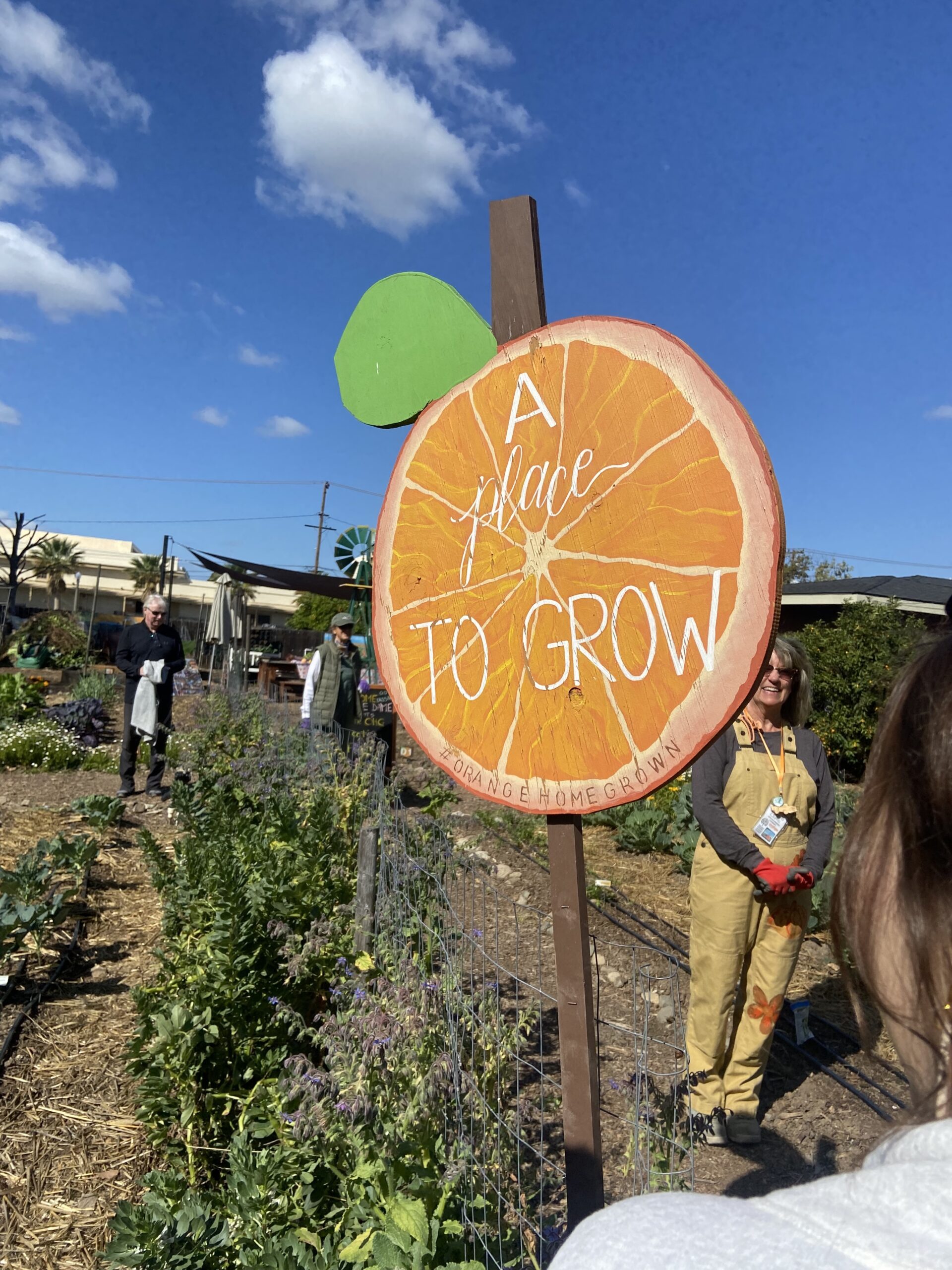During this season of Advent we are challenged to “Prepare the way of the Lord, make straight his paths”. For me, preparing means a lot of different things. Whether it’s teaching about Advent, putting up decorations, or listening to Christmas music, there has been a lot to do this season! The line from Isaiah has little to do with those preparations, though, it calls us to prepare our hearts and minds. The way that I have tried to prepare myself this season is through being more aware of the love that I receive and the love I give, especially in terms of language. I focused on the phrases God bless, Love you, and Thank you.
God Bless is one of the first phrases that I realized many people around Clonard use. I started to hear phrases similar to this all the time and slowly have started to adopt them myself. It always makes me smile when I hear phrases like it thrown around. Imagine getting out of Fr. Denis’ car and he casually says, “See you tomorrow, please God!” At first it was totally disarming, but now it’s not surprising to hear. People often leave the room with just a “God bless!” It has made me think about American interactions and question why we don’t say similar phrases. I soon realized that I have always said this phrase. Growing up, my family has always said, “Goodnight! God bless, I love you” as we go upstairs. It has become so ingrained at this point that I don’t comprehend what I’m saying. It made me realize that using phrases like that are intentional ways that I can keep God in my everyday conversations.
I soon started analyzing the other half of “God bless, I love you.” I realized saying I love you has become much more significant in my life. They say that distance makes the heart grow fonder, but that’s not the only reason I am more comfortable expressing love. I feel like I need to let those in America know that I love them and appreciate them, but I think it also has to do with the people here in Wexford. “Love you” is often heard around Clonard. I have heard the tea ladies say it in two different ways. In a more sarcastic way when people say, “Oh, God love you.” This likely means you did something stupid or need help. Yikes. It can also be a compliment, though, which is where confusion comes in. The other times it’s often as a form of goodbye to friends, such as, “Bye, love ya hon!” (Hon is short for honey) Hearing people be so blatantly honest in a loving, and often funny, way has helped me strengthen my relationships. Through hearing it I was able to start adopting that tone myself.
When we arrived in our house in Wexford, one of the first things I noticed were the thank you notes on our fridge. Bernadette explained that Wexfordians often write thank you notes for many different reasons. I’ve grown up writing and receiving thank you notes for birthdays and Christmases but it immediately seemed to me like they were more significant here. At first I thought it was because I hang out with an older crowd and that is an old fashioned tradition, but the first thank you note I received was from a high schooler completely out of the blue. The thoughtfulness of the gesture was really shocking. I finally understood the significance that a simple, but heartfelt thank you could have.
This Advent season has shown me the significance that my words and actions play in the lives of those around me and vice versa. I recognize more so now the weight that words filled with kindness, gratitude, and God have in everyday conversations.
God bless,
Maureen


